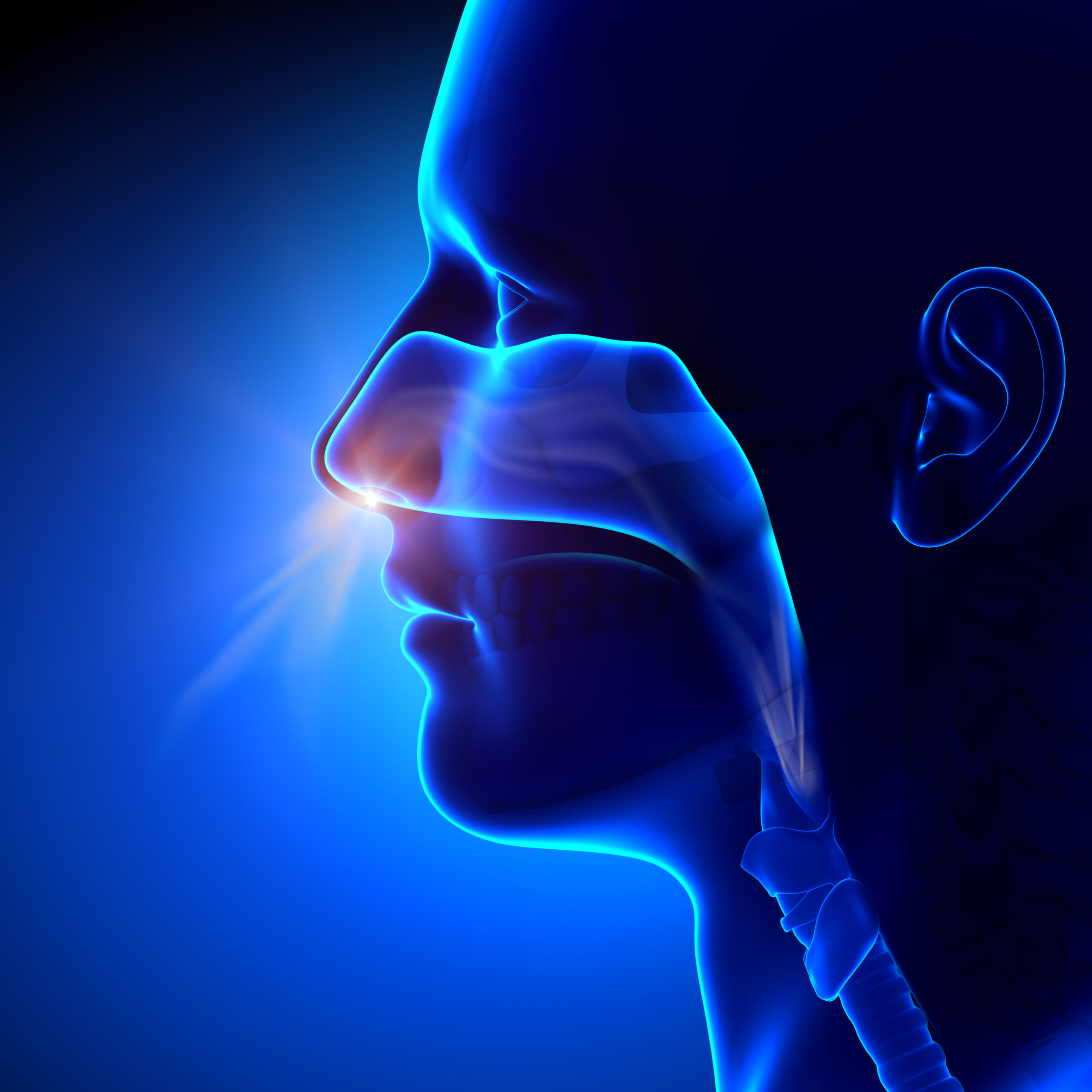You may have heard of the term nasal breathing, and like the name suggests, it’s when you breathe through your nose, rather than through your mouth. Despite your nose being a smaller vessel to breathe through, the benefits of nasal breathing are plentiful and when favoured, can have many positive effects on your day-to-day life.
Back to nature
Let’s start with the fundamental reason for nasal breathing; it’s our naturally preferred way of breathing when we’re babies. We voluntarily breathe through our noses, just like all other mammalian creatures when we’re feeding as infants. No mammal can drink from their mother and breathe through their mouth at the same time, it’s simply impossible.
We change the way we breathe as a result of making conscious decisions to do so. Consider this, when we move around and get a little bit out of breath, do you want to breathe through a small and restricted nasal vessel, or the much larger oral vessel? You’d probably choose the latter, and you’re not alone in that choice.

Fit for purpose
Our mouths are designed perfectly for speaking, drinking and eating – breathing, not so much. Physically, the nose has a few key features which helps the air we breathe be utilised more efficiently throughout the body.
Firstly, the nostril hairs within the nose help filter out foreign bodies from the air which in turn reduces the chance of these nasties going further into our body. The hairs are able to catch the foreign molecules and aid our immune system, whereas the mouth does not provide much in terms of physical defence against these unwanted molecules.
Second of all, nasal breathing releases nitric oxide which helps with vasodilation of the arteries, veins and capillaries and improves our efficiency of oxygen delivery to working muscles during rest and low-level exercise (up to a certain point). As well as this, nasal breathing also increases the humidity of the air, therefore making it warmer before it enters the body and preventing dryness in the lungs and bronchial tubes.
Deep breath in… and relax
Feeling stressed mentally is bad enough, but when you begin to feel the physical strain, it can become too much to handle.

Continuous breathing through the mouth can cause physical tension to muscles around the neck, shoulders and chest. The primary roles of these muscles aren’t to aid breathing and ongoing tension can result in headaches. Regular nasal breathing puts your diaphragm to work, therefore reducing stress from said muscles, helping you to relax and prevent headaches from occurring.
On the topic of reducing stress, taking slow and deep nasal breaths has been shown to increase activity in the parasympathetic nervous system (also known as ‘rest and digest’), including stimulating digestion, activating metabolism and helping the body relax. In this state, blood flow is increased back to the frontal lobe; the logical thinking part of the brain.
Mouth breathing and sleep
Breathing through your mouth should only become necessary when you’re suffering with nasal congestion due to allergies or a cold. Excessively breathing through your mouth daily and when sleeping, can lead to problems – who would have thought it!
Many of us tend to breathe through our mouths at night without knowing and realising the negative effects it can have on you. If you often find that you’re waking up in the middle of the night with an extremely dry mouth, or that you’re a snorer or a teeth grinder, chances are your mouth is your main source of air during sleep.
If you know you breathe through your mouth at night and want to see a difference in your quality of sleep, there are ways to combat this.

One method is to tape your mouth shut at night (and no we’re not talking duct tape) with specifically designed sleep tape that keeps your mouth closed and promotes the use of your nasal airways through the night. I do however recommend always consulting a healthcare professional first before using such a product.
Additional benefits
The benefits of nasal breathing aren’t limited to those mentioned in this blog. There’s a whole list of reasons why you should be practicing and implementing nasal breathing throughout daily life and when sleeping, including:
- Improves lung volume
- Reduces risk of coughing
- Lowers your risk of snoring and sleep apnoea
If you have any questions about the contents of this blog or would like to know more about the benefits of nasal breathing, please feel free to contact me.
Additionally, if you want to find out more ways in which you can increase the quality of your sleep over than nasal breathing, take a watch of my sleep webinar here.
Peace and love, Cam
